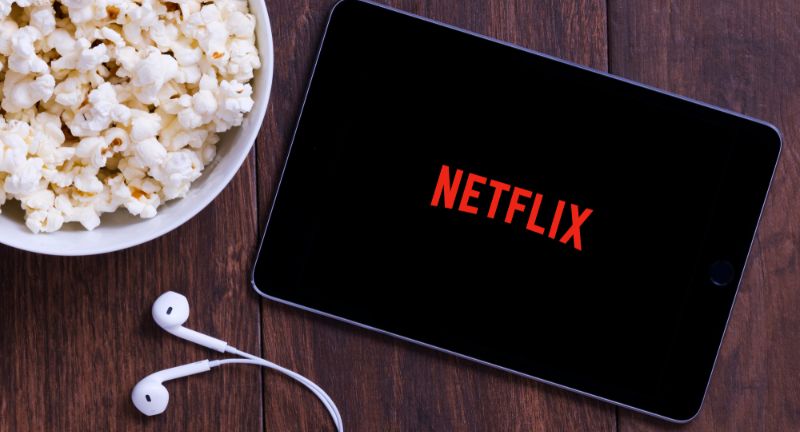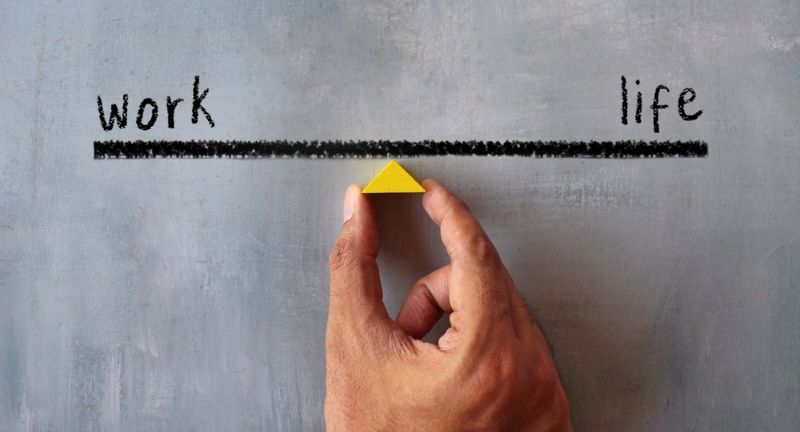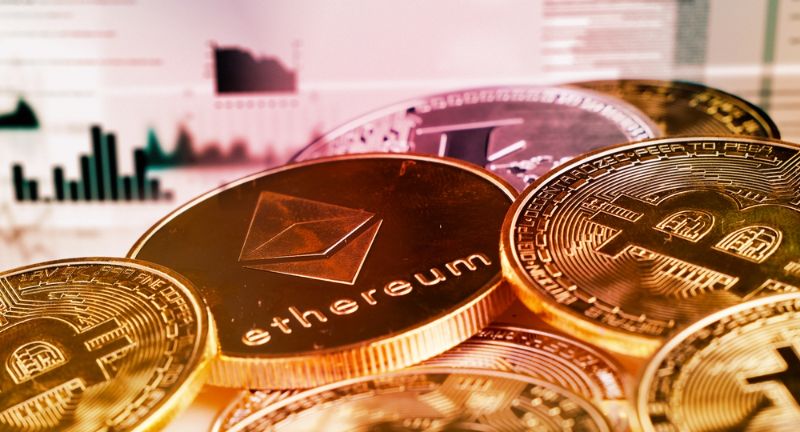NEWS
20 Millennial Habits That Are Negatively Impacting The Economy
Published
1 month agoon
Millennials have redefined spending habits, lifestyles, and career choices in ways that are reshaping the global economy. While some of these shifts have been positive, others have introduced challenges for key industries and economic stability. From altered homeownership trends to shifting workplace values, these habits can influence economic performance. Here are 20 millennial habits that may be negatively affecting the economy.
Delaying Homeownership

Shutterstock
Millennials are delaying homeownership longer than previous generations, contributing to a slump in the housing market. Rising costs, student debt, and changing lifestyle preferences have made renting a more common choice. This shift reduces demand for new construction and home improvement industries. The long-term impact affects property taxes, local economies, and generational wealth transfer.
Prioritizing Experiences Over Assets

Shutterstock
Millennials often prioritize spending on experiences like travel and entertainment over acquiring traditional assets. While this benefits tourism and events industries, it reduces investments in long-term financial security. Fewer investments in property and retirement accounts can slow wealth accumulation. This behavior may also weaken industries tied to durable goods and asset ownership.
Relying on Gig Work

Shutterstock
The gig economy, driven largely by millennials, offers flexibility but often lacks stability and benefits. This shift reduces employer contributions to healthcare and retirement plans, impacting long-term financial security. While beneficial for personal freedom, it creates instability in labor markets. Reduced job security can also lower consumer confidence and spending power.
Delaying Marriage and Family Planning

Shutterstock
Millennials are delaying marriage and starting families later in life, contributing to declining birth rates. Lower birth rates can reduce future labor forces and strain social security systems. Industries reliant on family-related spending, like childcare and education, may also suffer. This demographic shift could reshape economic growth patterns for decades.
Subscription-Based Spending

Shutterstock
Millennials favor subscription models for everything from streaming services to meal kits. While convenient, these recurring expenses can drain disposable income over time. This spending style reduces savings rates and investments in wealth-building assets. Industries that rely on one-time purchases have also struggled to adapt to this trend.
Rejecting Traditional Luxury Goods

Shutterstock
Luxury brands have faced declining demand from millennials who prefer experiences and minimalism. Traditional markers of wealth, like designer bags and fine jewelry, have lost appeal among younger buyers. This shift has forced luxury brands to rebrand or face revenue declines. The changing definition of luxury affects global retail markets.
Reduced Car Ownership

Shutterstock
Millennials are moving away from traditional car ownership, opting for rideshare services and public transit. This decline in vehicle purchases impacts auto manufacturing, insurance, and repair industries. Urban living trends and environmental concerns drive this shift. Automakers must now adapt to new markets like electric and shared vehicles.
Choosing Minimalism Over Consumerism

Shutterstock
Minimalist lifestyles popular with millennials often lead to reduced spending on home goods, decor, and retail items. This trend challenges industries relying on impulse purchases and bulk sales. While it can promote financial health individually, it may slow overall economic consumption. Brands must adapt with functional and eco-friendly product offerings.
Favoring Renting Over Owning

Shutterstock
Millennials are more likely to rent long-term instead of buying property. While this offers flexibility, it also reduces property investments that stimulate the economy. Lower homeownership rates impact construction, mortgage lending, and home improvement industries. This shift could have long-term effects on wealth building and economic stability.
Preferring Plant-Based Diets

Shutterstock
Millennials’ preference for plant-based diets has led to declining demand for traditional meat and dairy products. While positive for sustainability, it disrupts agricultural markets tied to livestock farming. This shift has forced major food producers to pivot toward alternative products. The evolving food landscape continues to reshape global supply chains.
Emphasizing Work-Life Balance Over Hustle Culture

Shutterstock
Millennials often prioritize work-life balance over long work hours. While this improves personal well-being, it can reduce productivity in certain industries. Companies are being forced to adapt with flexible work arrangements. This cultural shift is redefining career expectations but can impact traditional business output.
Delaying Major Purchases

Shutterstock
Millennials tend to delay major purchases like homes, cars, and luxury items due to financial uncertainty. This cautious spending reduces demand for durable goods and slows market growth. Factors like student debt and cost of living contribute to this hesitancy. The ripple effect can impact entire sectors reliant on consumer spending.
Favoring Secondhand and Thrift Shopping

Shutterstock
Thrifting and secondhand shopping have surged in popularity among millennials. While eco-friendly, it diverts spending away from traditional retail stores. Reduced new product sales can lead to inventory challenges and reduced manufacturing output. Retailers must adapt with sustainable product lines to stay competitive.
Choosing Remote Work Opportunities

Shutterstock
The rise of remote work, embraced by many millennials, has transformed traditional office spaces. Reduced demand for corporate real estate and urban centers has shifted economic dynamics. While remote work offers personal benefits, it affects industries dependent on office foot traffic. Cities reliant on office workers face declining revenue streams.
Using Buy Now, Pay Later Services

Shutterstock
Millennials frequently use buy now, pay later (BNPL) services for everyday purchases. While convenient, this habit can lead to overspending and debt accumulation. The rise of BNPL also reduces immediate cash flow in retail markets. Mismanaged debt from these services can strain personal finances and consumer stability.
Investing Heavily in Cryptocurrencies

Shutterstock
Millennials’ interest in cryptocurrencies has shifted investment away from traditional markets. While offering high returns, crypto is highly volatile and lacks regulation. This trend can destabilize long-term financial security for both individuals and markets. Encouraging balanced investment portfolios can help mitigate these risks.
Avoiding Credit Cards

Shutterstock
Many millennials avoid credit cards, favoring debit cards and digital wallets instead. While reducing personal debt risk, this habit can affect credit-building and lending industries. Lower credit use also impacts the financial institutions that rely on interest income. Balanced credit use is key for both personal and economic health.
Delaying Retirement Contributions

Shutterstock
Millennials often delay retirement contributions due to immediate financial pressures. Failing to invest early reduces long-term wealth accumulation and retirement security. This habit can also strain public assistance programs in the future. Prioritizing retirement savings early helps ensure long-term financial health.
Opting for Eco-Friendly Purchases

Shutterstock
Millennials often prefer eco-friendly products, shifting demand from traditional manufacturers. While beneficial for sustainability, this trend pressures companies reliant on non-sustainable practices. Brands are being forced to adjust or risk losing market share. Balancing sustainability with economic stability remains a complex challenge.
Focusing on Side Hustles Over Career Stability

Shutterstock
The rise of side hustles among millennials has changed how income is generated. While empowering, it often leads to inconsistent earnings and lack of financial stability. Relying heavily on gig work can disrupt traditional job markets and tax contributions. Financial education can help balance side gigs with long-term wealth building.
Conclusion

Shutterstock
Millennials have redefined spending habits, creating both challenges and opportunities for the economy. While some habits promote sustainability and financial health, they also disrupt traditional markets and consumer patterns. Adapting to these changes requires businesses and policymakers to rethink strategies for long-term economic growth. Balancing financial stability with economic contribution can benefit all generations.
More From Local News X
-


20 Things Millionaires Claim Are The Keys To A Great…
-


Debris falls from sky into neighbor’s yard in Pottstown, PA…
-


21 Things Retirees Should Never Buy At The Grocery Store
-


21 Guns Vital For Your Home Defense Arsenal In 2024
-


20 Everyday Things People Think Are Safe, But Are Actually…
-


Robb Elementary School Shooting Memorial
-


20 Clear Signs You Are Likely To Be Unhappy In…
-


22 Common Health Mistakes That Could Ruin Your Retirement
-


20 Clear Red Flags Of Someone Headed For A Penniless…
-


19 Milestones That Show How Successful You’ve Been In Life
-


20 Things Baby Boomers Do That Annoy Absolutely Everyone
-


21 Iconic Holiday Dishes That Defined the 90s
